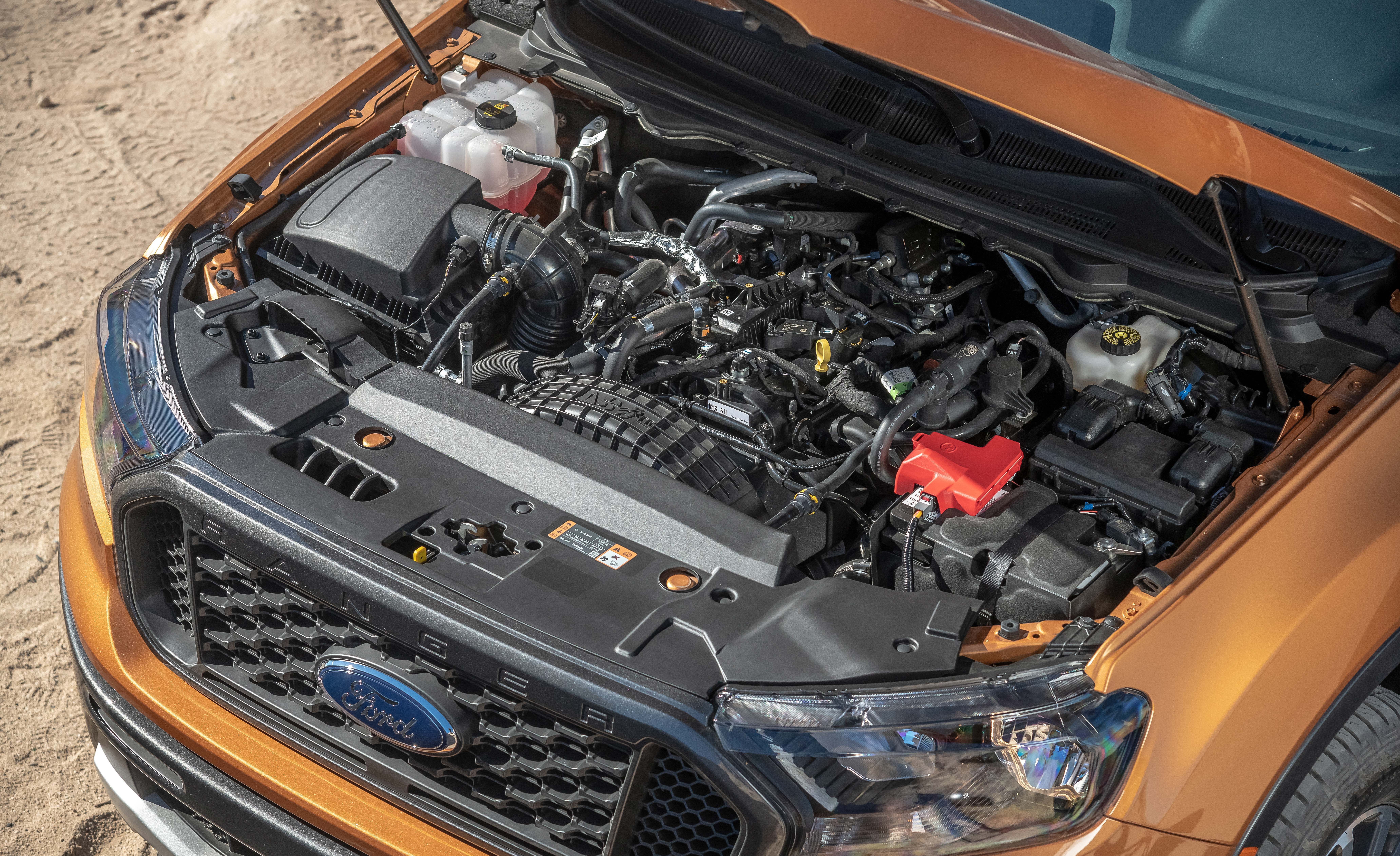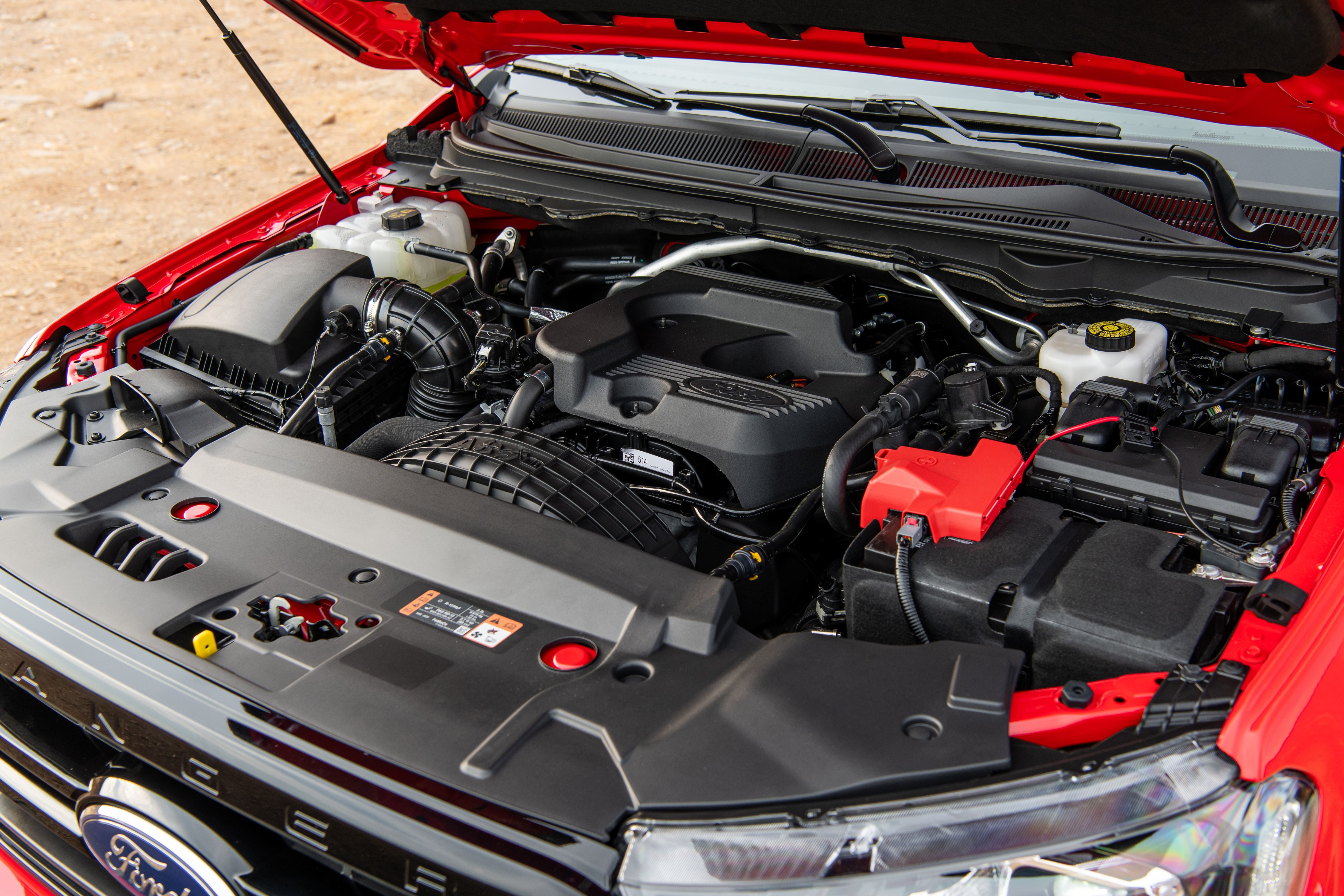What Makes a Car Engine Run Efficiently: Leading Tips for Optimal Treatment
The smooth operation of a cars and truck engine is fundamental to both performance and durability, making optimum care a necessary responsibility for lorry proprietors. Key techniques, such as regular oil adjustments, preserving coolant degrees, and keeping track of air filters, are critical yet often neglected. Furthermore, the relevance of evaluating ignition system and making sure correct tire stress can not be underrated. Comprehending exactly how these elements interconnect can improve not only the efficiency of your lorry but additionally your general driving experience. What specific steps should you prioritize to guarantee your engine stays in peak problem?
Regular Oil Modifications
Among one of the most essential facets of automobile upkeep is guaranteeing your engine obtains routine oil modifications. Engine oil lubricates inner parts, decreases rubbing, and aids keep optimum operating temperature levels. With time, oil weakens as a result of warmth, contaminants, and the all-natural by-products of combustion, resulting in lowered effectiveness and potential engine damage.
Many makers recommend changing the oil every 5,000 to 7,500 miles, yet this period can vary based upon driving conditions and oil kind. As an example, artificial oils may permit longer periods between changes. Routine oil modifications not only improve engine performance yet also enhance fuel effectiveness, as clean oil promotes smoother operation.
Ignoring oil adjustments can cause sludge accumulation, which impairs flow and can bring about severe engine issues. It is important to check oil levels on a regular basis and monitor for any type of uncommon adjustments in color or consistency, which might suggest contamination or destruction.

Keeping Coolant Degrees
Maintaining proper coolant degrees is crucial for protecting against engine overheating and making sure optimum performance. The coolant, usually a mix of water and antifreeze, flows through the engine, absorbing warmth and stopping thermal stress and anxiety. Not enough coolant can lead to increased engine temperatures, which might cause severe damage or also overall engine failing.
To maintain optimum coolant levels, on a regular basis inspect the coolant reservoir, usually found in the engine bay. Ensure the coolant is filled up to the advised mark, as indicated in your lorry's owner guidebook. It is advisable to check the levels at least as soon as a month or eventually journeys, especially during extreme weather condition conditions.
If you observe that the coolant degree is continually low, there might be a leakage in the cooling system, which must be resolved without delay to stop further problems. 2.2 ford ranger engine. Additionally, flushing the coolant system every 2 to 3 years can help eliminate any type of gathered particles and ensure efficient warm exchange
Monitoring Air Filters

It is suggested to check the air filter every 12,000 to 15,000 miles, or a lot more frequently if driving in dusty or adverse problems. An easy visual inspection can often expose whether the filter is unclean or damaged. It ought to be changed promptly. if the filter shows up stained or has visible dust build-up.
Making use of a high-quality air filter created for your specific automobile version can further enhance engine performance. Additionally, some vehicles might gain from reusable filters that can be cleaned and re-installed, giving a ecologically friendly and cost-efficient option.
Inspecting Glow Plugs
Spark plugs are necessary components of a vehicle's ignition system, straight affecting engine efficiency and effectiveness. They produce the trigger that fires here are the findings up the air-fuel mix in the combustion chamber, facilitating the engine's power generation. Regular inspection of spark plugs is crucial for keeping ideal engine function and avoiding potential concerns.
Throughout an evaluation, search for signs of wear or damages, such as fractures, carbon buildup, or too much space widening. A healthy trigger plug commonly displays a light brown or the original source tan shade. Dark soot or oil down payments can show incorrect combustion, while a white or raw look might suggest getting too hot. Both conditions require prompt interest to avoid further engine damages.
It's suggested to check ignition system every 30,000 miles, or as recommended in your automobile's owner handbook. Additionally, consider changing them according to the manufacturer's standards, as old or worn ignition system can bring about misfires, decreased gas effectiveness, and increased exhausts.
Tracking Tire Pressure
Making certain appropriate tire stress is a critical facet of car security and efficiency. Under-inflated tires can result in lowered fuel performance, increased tire wear, and jeopardized handling. Alternatively, over-inflated tires can decrease grip and increase the danger of blowouts. Consequently, regular tracking of tire stress is necessary for optimal lorry operation.
Tire stress should be examined a minimum of once a month and eventually trips. Utilize a reliable tire pressure gauge to measure the pressure when the tires are cool, preferably prior to the lorry has actually been driven for at the very least 3 hours. Describe the automobile's proprietor manual or the placard located on the driver's side door jamb for the their website supplier's recommended stress levels.
It is essential to note that tire stress can fluctuate with adjustments in temperature level; a decline of 10 ° F can lead to a 1-2 psi reduction in pressure. Additionally, aesthetically check tires for any type of signs of wear or damages throughout your tracking routine. Keeping proper tire stress not only enhances lorry safety and security however also enhances gas effectiveness and prolongs tire life, ultimately adding to a smoother engine performance.
Conclusion
In final thought, keeping an automobile engine's smooth operation calls for persistent interest to numerous essential variables. Eventually, an aggressive approach to engine treatment is essential for making sure dependability and functionality over time.
One of the most important elements of cars and truck upkeep is guaranteeing your engine obtains normal oil changes. Engine oil lubricates interior parts, lowers friction, and helps preserve ideal operating temperatures. Routine oil modifications not only boost engine efficiency but also enhance fuel effectiveness, as clean oil promotes smoother operation.
Inadequate coolant can lead to boosted engine temperature levels, which may trigger serious damages or even overall engine failure.
